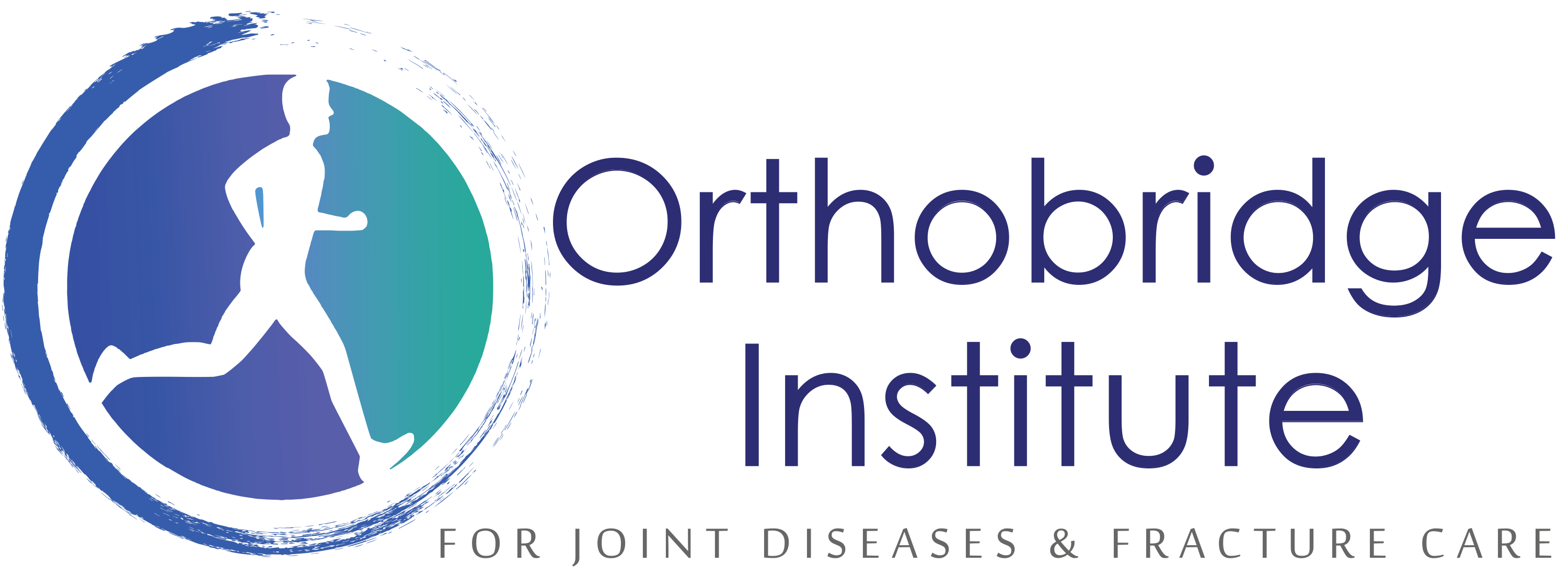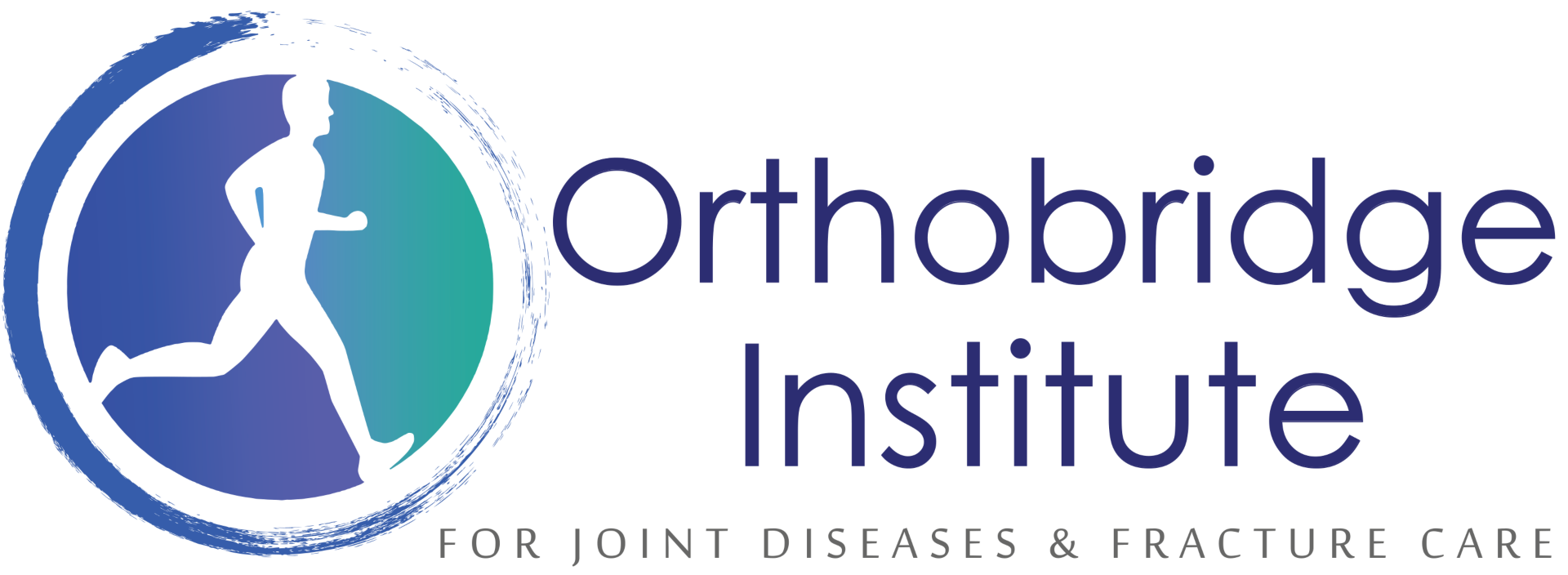Neck Pain Treatment
Eliminating neck pain with more comprehensive care at Orthobridge Orthopedics Centre in Kenya.
Eliminating neck pain with more comprehensive care
Stress on the cervical spine can lead to acute neck pain or long-term, chronic neck pain which involves the soft tissue, joints, and discs.
The neck carries the head with all the important organs. Its integrity which includes both strength and flexibility must also balance for optimum performance.
The neck carries a load and at the same time is highly mobile, this makes it highly susceptible to injury or strain. The function of the neck can never be underrated.

Your neck pain doctor in Kenya, Col (Dr) Adari at Orthobridge Orthopedic Center provides you with all the information you need to make an informed decision about how to treat neck pain.
Returning you to your normal activities, sports, and fitness routines, pain-free always is the goal at our neck pain treatment center.
Symptoms of neck pain
Neck pain symptoms can vary widely. The pain may just be a mild nuisance, or it could be so excruciating that a person avoids any movement.
Often the neck and shoulder pain accompany one another and can even impair the mobility of the arms and hands.
Neck pain is often located in one spot and goes away on its own within a few days or weeks. But in some cases, the pain becomes constant or radiates into other body parts, such as the shoulder and arms.

Common symptoms associated with neck pain involves one or more of the following:
- Sharp pain when moving the neck in certain directions: this symptom can be stabbing or stinging pain localized to one spot. Often, this type of pain occurs in the lower levels of the neck.
- Stiffness: soreness and difficulty in moving the neck, especially when trying to turn the head from side to side.
- Headache: sometimes an irritation in the neck can also affect muscles and nerves connected to the head. This could be a tension headache, such as from neck muscles tightening.
What are the common causes of neck pain?
The most common cause of neck pain is muscle strains and tension. Muscles may be damaged in a number of ways while performing everyday activities such as:
- Sitting at a desk too long
- Improper posture
- Sleeping without a supportive pillow
- Straining muscles during exercise or sports activity
- Lifting or pulling heavy objects
- Certain diseases, such as rheumatoid arthritis, meningitis, or cancer, can cause neck pain.

This type of pain may also interfere with other daily activities, such as getting dressed or going to work, or any activity that involves turning the head, such as driving.
Increasing neck pain with associated weakness, numbness and tingling is a concern and the physician should be contacted promptly for further evaluation.
Neck problems can range from an uncomfortable, stiff neck, pinched nerve, arthritis of the neck or neck sprain, to more severe conditions of herniated discs or traumatic injuries such as whiplash.
Some of the neck pain preventive measures
Most neck pain is associated with poor posture combined with age-related wear and tear.
To help prevent neck pain, keep your head centered over your spine.
Consider trying the following simple changes in your daily routine.
- Maintain proper posture; focus on head and shoulder alignment whenever possible
- Stay active with regular exercise
- Take frequent breaks from your desk or other repetitive activity for stretching
Additionally,
- Use stretching and other stress reducers to relieve tension
- Establish a well-arranged and comfortable workstation by adjusting chair height and computer position
- Avoid tucking the phone between your ear and shoulder when you talk. Use a headset or speakerphone instead
- Improve sleep support and positioning with the right mattress and pillow. Try sleeping on your back with your thighs elevated on pillows, which will flatten your spinal muscles.
- Quit smoking as it can put you at a higher risk of developing neck pain.
Diagnosis and treatment of neck pain
In addition to learning about the person’s medical background, the doctor may ask questions in order to better understand the nature of the patient’s pain.

Your doctor might ask for imaging tests which include:
- X-rays can reveal areas in your neck where your nerves or spinal cord might be pinched by bone spurs or other degenerative changes.
- CT scans combine X-ray images taken from many different directions to produce detailed cross-sectional views of the internal structures of your neck.
- Magnetic resonance imaging (MRI) uses radio waves and a strong magnetic field to create detailed images of bones and soft tissues, including the spinal cord and the nerves coming from the spinal cord.
- Blood tests can also be used to provide evidence of inflammatory or infectious conditions that might be causing or contributing to your neck pain.
Medication, injection, and surgery options to treat neck pain
Steroid injections, your doctor might inject corticosteroid medications near the nerve roots, into the small facet joints in the bones of the cervical spine, or into the muscles in your neck to help with the pain.
Numbing medications, such as lidocaine, also can be injected to relieve your neck pain.

The physical therapy program’s structure and length will vary depending on the specific diagnosis and situation.
In the beginning, the person will typically have multiple sessions with a trained physical therapist, and then in time will progress to performing the prescribed exercises at home.
A physical therapist can also teach you correct posture, alignment, and neck-strengthening exercises, and can use heat, ice, electrical stimulation, and other measures to help ease your pain and prevent a recurrence.
Treating Neck Pain & Injury with Col (Dr) Adari
With a conservative, non-surgical, and drug-free approach, our lead orthopedic surgeon, Col (Dr) Adari specializes in integrating the best and most appropriate therapies for your neck recovery needs.
The most common types of mild to moderate neck pain treatments usually respond well to self-care within two or three weeks.
If neck pain is consistent, recurring, or persistent, our orthopedic surgeon might recommend other treatments such as medication, therapies among other remedies.
Our goal is to get you started on a personalized treatment plan to find relief by taking your neck pain seriously as we know that it can be a constant source of distress and discomfort day by day.
Hear from some of our patients
Out of country patients
Because of Col (Dr) Adari’s extensive training and experience in elbow arthroscopy, patients travel from all areas of the world for their elbow arthroscopy in Kenya.
If you are an out of the country patient, feel free to let us know so we can accommodate an appropriate time for your consultation with Col (Dr) Adari.
Col (Dr) Adari is known as a top-rated orthopedic & trauma surgeon for elbow arthroscopy in Nairobi, Kenya, and across East Africa, Central Africa, and West Africa.
If you are work – traveling expatriate on diplomatic missions, feel free to contact us so we can accommodate an appropriate time best suited to you for your consultation with Col (Dr) Adari.
Contact us today to reserve your consultation, we are more than happy to assist you with any queries you may have prior to seeing the doctor.
Our Affiliations










